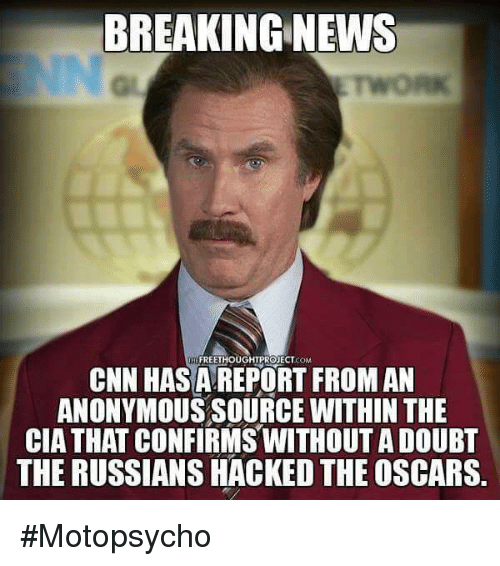
In the field of journalism there comes a time where you need to use an anonymous source, times when you have to cover a big story maybe in politics, crime or whatever investigative piece you’re working on. An anonymous source is an individual who gives you information regarding a certain issue or topic; however a question that remains is whether or not journalist should use anonymous sources.
In an article John Daniszwski wrote he says no one would want to read an article that had unnamed and unaccountable sources as it would look bad for the publications as they would be seen as unreliable which he had a good point. However there comes a time and place where a journalist has no choice but to use an unnamed source.’’ In a perfect world all information would be attributed to named, on-the-record sources that would be held accountable for the accuracy of their information”. However at times there may be a need for a journalist to use information from anonymous sources in order for them to cover an important story that could most probably be in the public’s interest.
The main reason as to why unidentified sources are mainly used is to bring light to information that might have stayed in the dark because someone didn’t want to give up the information because they are afraid of what could happen to them or their loved ones if the story came out. So when we look at the purpose of unidentified sources we need to look at the bigger picture as to why there is a need for unidentified sources.
However as a journalist you need to ensure that you are sure about the information you about to use especially when it is an anonymous source, because we need to be aware that anonymous sources can give journalist the wrong information just because they have their own hidden agenda and it could be that they have fabricated the whole thing or that they have changed the story or changed the information in order to benefit them. Therefore you need to be sure of your facts as a journalist as well as having as much background information on the story you’re covering and of the anonymous source.
There are rules and regulations that journalist need to follow, according to the Codes and ethics for South Africa print and online media, news should be obtained legally, honestly and fairly and should be in the best interest of the public. It does not say that it is wrong to use anonymous sources nor does it say that sources names should be revealed when the informant does not seem comfortable with that.
There are different media-ethical frameworks that journalist use as a form of principle, a journalist with the deontological framework would use an anonymous source if he/she believes it is in the best interest of the public and believed that it is the right thing to do. With this being said journalist also need to be wary of the fact that you cant always trust an anonymous source and that even though you may think its in the best interest of society you also need to evaluate the outcomes and do a thorough investigation as to whether or not you can trust an unidentified source
In 2007 a media house was found in violation of the press code after publishing a story which he was given by an anonymous source. According to the source he heard a conversation between former presidency general Frank Chikane and former public enterprises minister Alec Erwin during the ANC’s elective conference that the former president of South Africa, Mr Thabo Mbeki was reportedly asked to take himself out of the running for the ANC presidency in the face of open hostility by supporters of Jacob Zuma who was eventually elected.
After this story came out Chikane complained that he had not discussed such a meeting with Erwin while the two were reported to be sitting together at the lunch during the conference. It was then found out that the journalist did not try to get in contact with Erwin in order for him to get a comment about this. The ombudsman then said that no one who went to the meeting that Sunday was contacted and the journalist didn’t get a quote to back his sources information therefore there is no proof that it is true.
This is a clear example that as a journalist you should always check your facts and get a comment from the person who is being mentioned before publishing a story, especially if the information that you have recieved is from an anonymous source because its hard to tell whether or not the person is telling the truth. In order for you to be on the safe side you need to ensure that you have done your research thoroughly before publishing.


